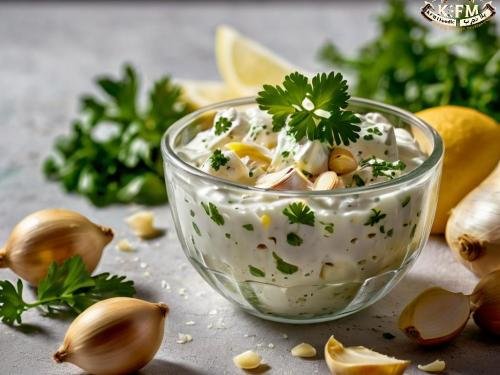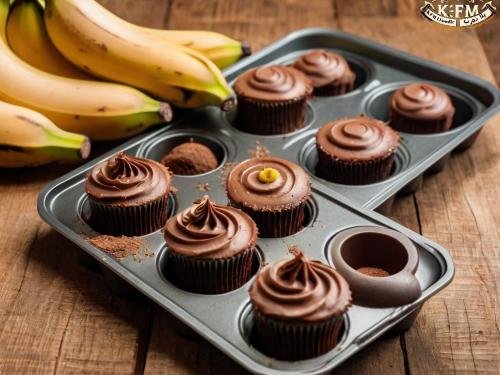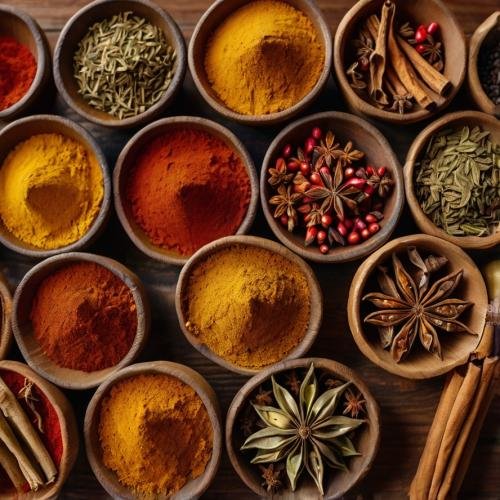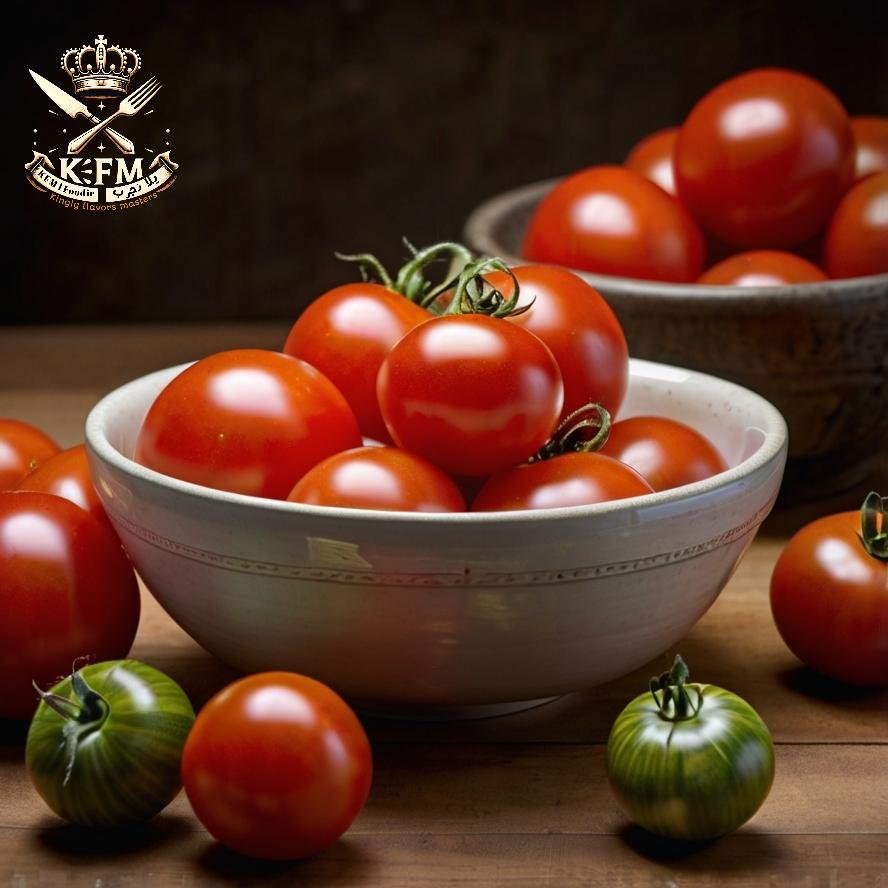
- Storing at room temperature:
- If the tomatoes are not fully ripe, they can be stored at room temperature until they ripen completely.
- Place the tomatoes in a cool, dry area away from direct sunlight.
- Storing in the refrigerator:
- If the tomatoes are fully ripe and you want to keep them for a longer period, store them in the refrigerator.
- It is preferable to place the tomatoes in the vegetable drawer of the fridge to prevent flavor and moisture loss.
- Use a sealed plastic container or bag to store the tomatoes in the fridge.
- Freezing (optional):
- To store tomatoes for an extended period, wash, peel, and chop them, then place them in airtight bags and store them in the freezer.
- Frozen tomatoes can be used later in cooking.
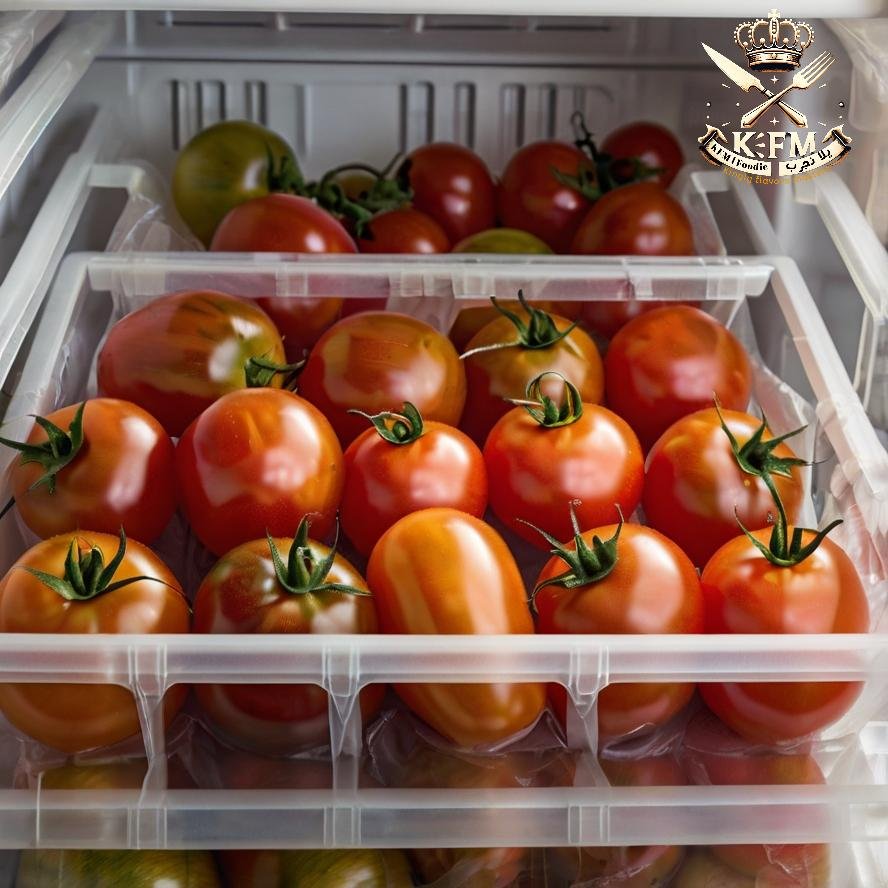
- Storing dried tomatoes (optional):
- Tomatoes can be dried in the sun or using an oven.
- Store dried tomatoes in airtight containers, away from moisture.
- Storing with lemon: Place tomatoes in a container with lemon slices. The lemon helps prevent the tomatoes from spoiling.
- Pickling: Tomatoes can be pickled by placing them in a saltwater solution or vinegar and leaving them for a period of time. They can be used in salads or other dishes.
Nutritional value of tomatoes:
- Rich source of vitamin C: Helps strengthen the immune system.
- Antioxidants: Protect the body from diseases.
- Lycopene: An antioxidant that gives tomatoes their red color and helps prevent certain types of cancer.















